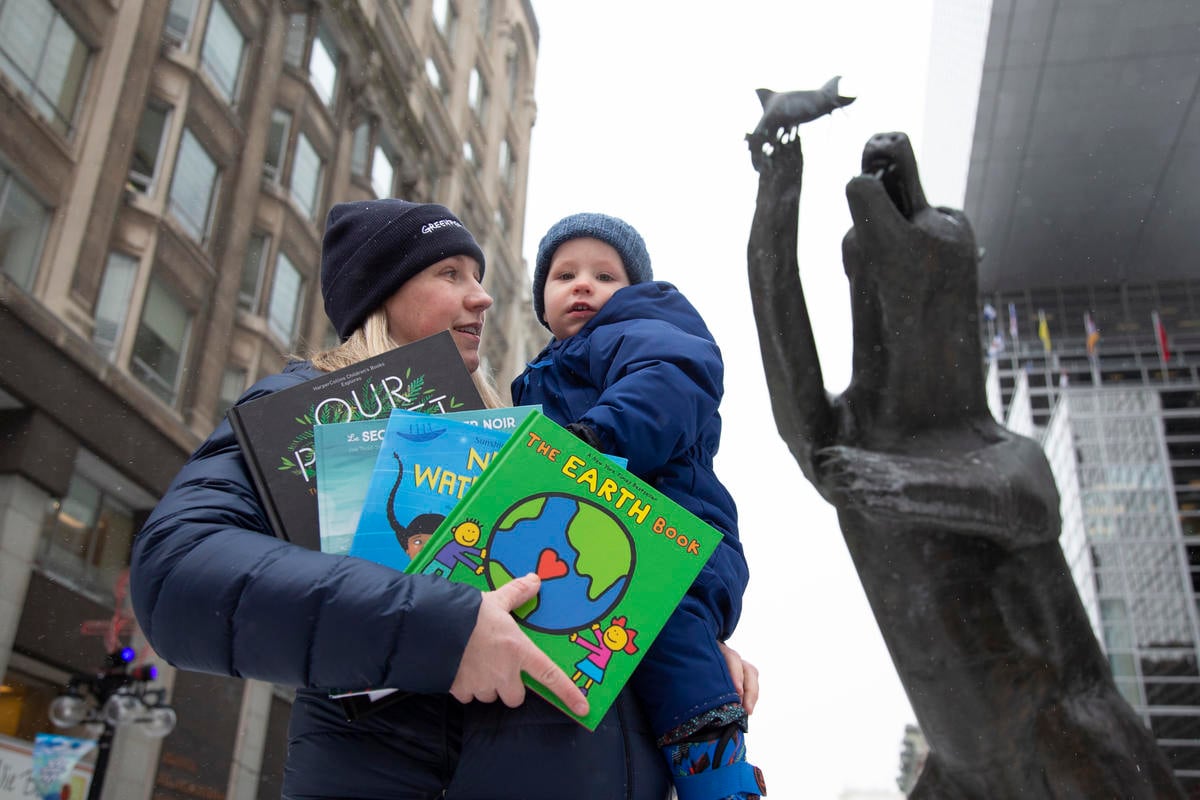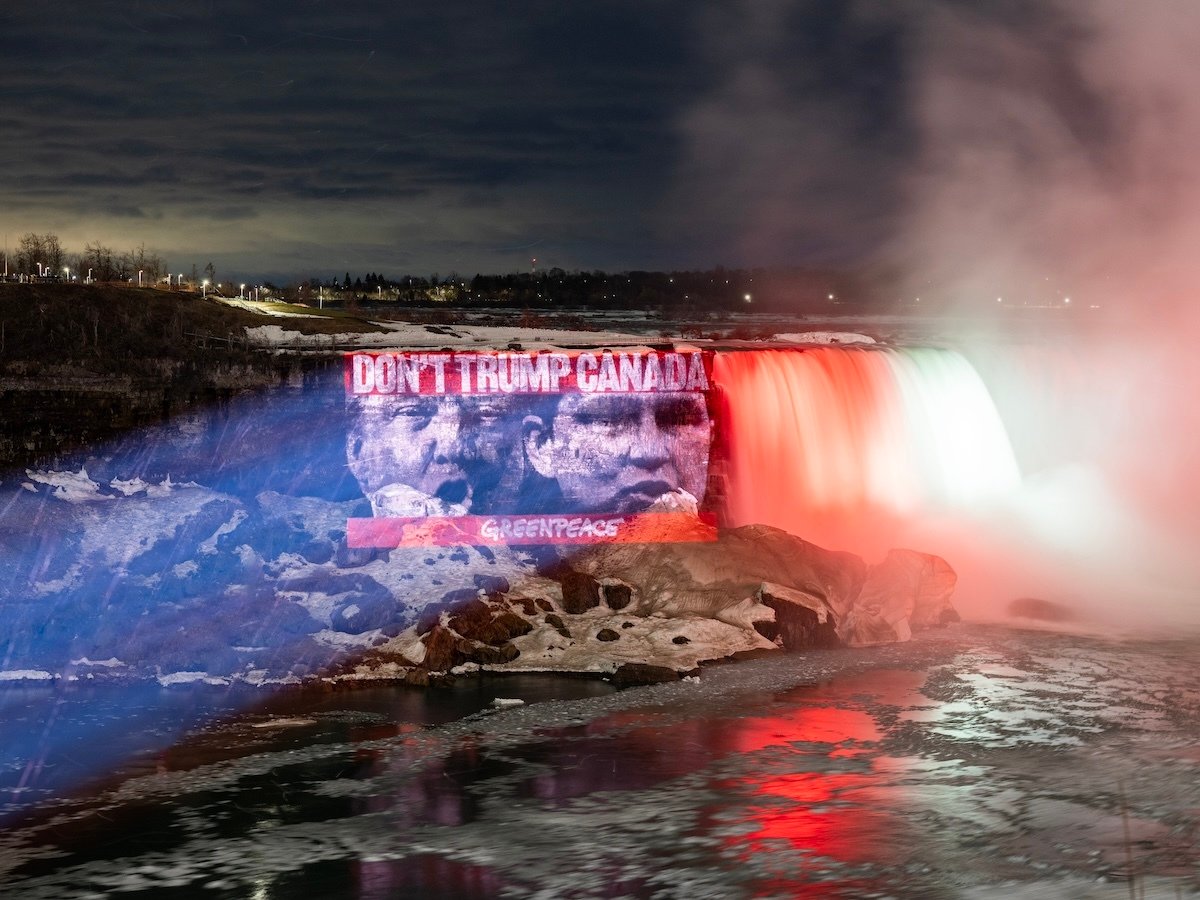We’ve seen COVID-19 take lives, affect the most vulnerable, destroy families, put immense pressure on health systems around the world. The virus has had unprecedented physical, psychological and financial consequences.
Even though we may have the impression that time has stood still during lockdown, climate disasters pay no attention to our concerns about masks and closed schools.
Heat waves, forest fires and floods also take lives, affect the most vulnerable, destroy families, wipe out homes, force evacuations and can have equally disastrous physical, psychological and financial consequences.
Just weeks ago, 5,000 people had to be evacuated from Fort McMurray because of flooding, while the province of Alberta was still trying to contain the spread of the coronavirus. And what about the flooding in Kenya, where more than 100,000 people have been evacuated since March? Imagine such an emergency with the added and inexorable current need for physical distancing.
As some provinces move to slowly reopen their economies and loosen physical distancing rules, Natural Resources Canada is releasing its new monthly and seasonal projections. The federal institution predicts that the risk of forest fires will be “well above average” as early as June and will continue as such until September. British Columbia, Alberta, Saskatchewan, Manitoba and part of the Northwest Territories will most likely face forest fires as they emerge from the health crisis. If projections prove accurate, communities already affected by almost three months of the pandemic will have to juggle firefighting and evacuation management with the constant fear of a resurgence of the virus among both firefighters and disaster victims.
And while summer hasn’t even officially started yet, Quebec is already preparing for a second heat wave. Obviously our thoughts immediately go to the long-term care homes, where the situation is already difficult as it is. According to Frédérick Boulay, meteorologist at Environment Canada, it’s “rather rare to have two heat waves this early [in the season]”. What’s that got to do with it? Climate change has to do with it. Scientists who have studied the summer 2018 heat wave that overheated us from Japan to Canada note that this unprecedented episode would not have been possible without the “climate change” factor.
Can you say crisis management?
The scale of the situation can lead us to compartmentalize the crises we face (COVID / heat waves / forest fires / floods / climate crisis) in order to better make sense of them. The reality is messier.
According to Sarah Henderson, senior scientist at the B.C. Center for Disease Control, air pollution can weaken the immune system and make us more vulnerable to infectious diseases. In this regard, we should remember that in August 2018, during the record wildfires in B.C., smoke became so intense that Vancouver’s air quality was ranked 5th worst among major cities in the world according to the Global Air Quality Index. Henderson thinks the intense smoke from sustained forest fires could increase the risk of contracting COVID-19 in affected populations.
While climate change has not caused the emergence of the coronavirus, it may indirectly aggravate the effects of pandemics, including COVID-19, by worsening the environmental conditions we need to be healthy — access to clean water, clean air, food and shelter — and adding to the pressure already on our health systems as noted by the WHO.
Let us also remember that climate change aggravates extreme weather events, like heat waves. Everything is linked. Like it or not, these events tell the same story. So as governments around the world consider measures to revive their struggling economies, and as billions of dollars are set to be injected into different sectors, we need to reprogram the rules of our economy and take back control of our story.
We have the opportunity to think big and better, to be bold in our approach to this recovery. We’re already talking about how resilience, such as in our local food system and social protections, can better prepare us for future crises. But why not consider reviewing our wider economic system to prevent the very creation of these crises in the first place? Why wait for the next fire, the next flood, or the next pandemic to address the crises that already exist?
Right now, we have a blank page in front of us. We can write the next wetlands restoration policy, the measures to rehabilitate burned land. We can also reverse our dependence on fossil fuels and reverse this other curve – that of global warming.
Restore, heal, recover. As we emerge from this crisis, let’s build back better – for the health of people and the planet.



